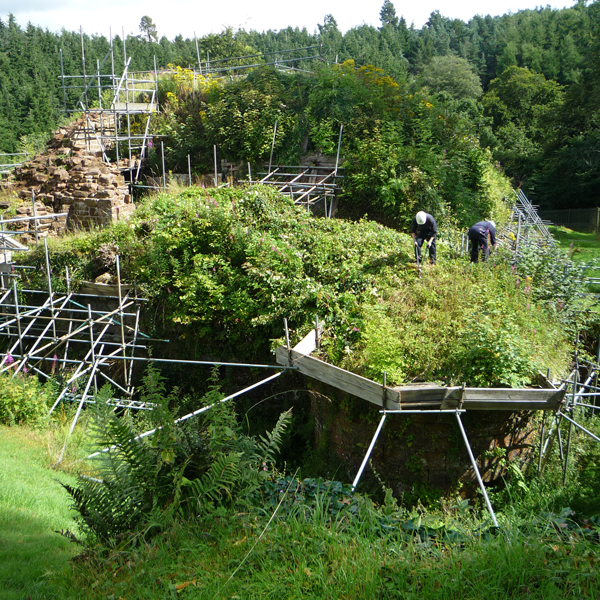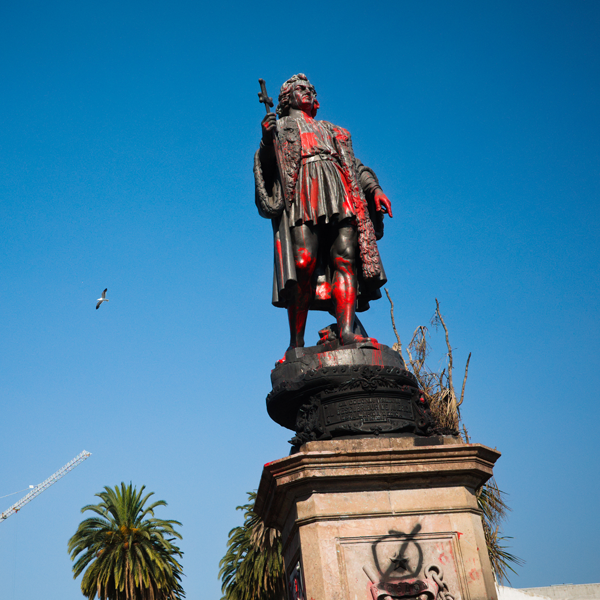Centre for Environment, Heritage and Policy missions and aims
The Centre for Environment, Heritage and Policy was established in 1999, with a focus on Environmental History and natural sciences. Subsequently its remit has expanded to include heritage studies and a broader emphasis on environmental humanities.
Today the Centre has an international reputation for interdisciplinary research on environment, heritage and policy, as well as an associated portfolio of cutting-edge degree programmes. Members embrace a range of expertise and disciplinary backgrounds including History, Heritage Studies, Museology, Politics, International Relations, Law, Environmental Sciences, Ecology, Sociology, Social Anthropology, Archaeology, and Business and Management.
Our mission
Environment and heritage are central to our identity and wellbeing in the face of accelerating change and associated intersecting crises. Members of the Centre aim to make a difference by developing new approaches to environment and heritage – and the threats, challenges and opportunities they face. In doing so, they undertake cutting-edge interdisciplinary analysis that creates sustainable solutions to ‘real-world’ problems addressing multiple UN Sustainable Development Goals.
A significant proportion of the research is characterised by attention to the conflicts and pressures surrounding natural and cultural resources and the ways in which new policies and practices can address issues of inequality and social justice. In doing so it is also attentive to how ideas about environment and heritage are created and contested. Integrating research in the arts, humanities, social sciences and natural sciences, the Centre’s members work with communities, practitioners and policymakers to create more resilient futures through collaborative practices.


Our aims
- To facilitate internationally-led interdisciplinary research and funding bids across the University and with external partners.
- To promote and support excellence in Centre-related teaching through a portfolio of degree programmes linked to the Centre.
- To use the Centre’s extensive links with industry partners and policymakers to facilitate knowledge transfer and research impact.
- To increase research capacity by supporting the recruitment of doctoral students and early career researchers.
- To develop an integrated strategy to promote Stirling’s expertise and world-leading research in environment and heritage.
